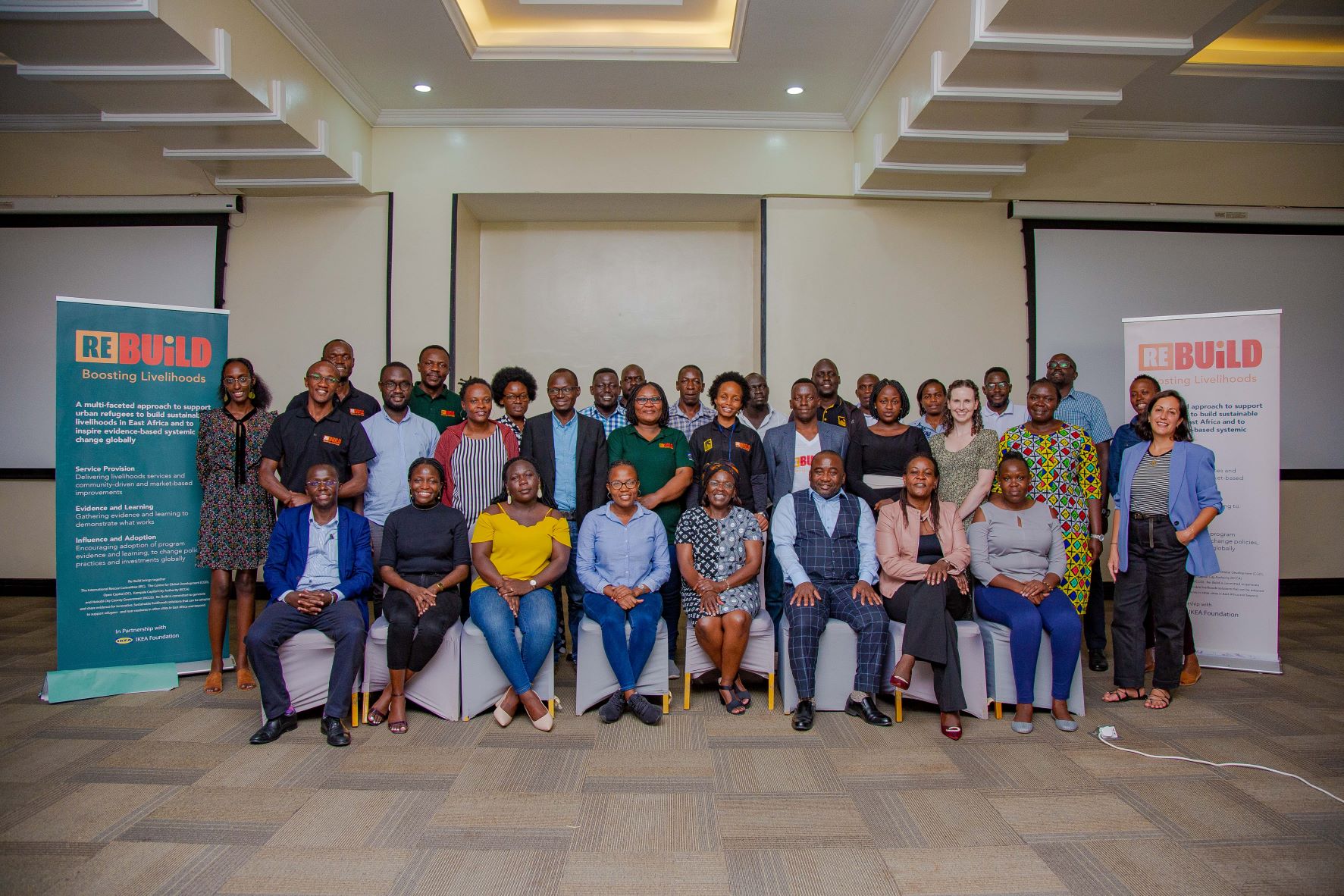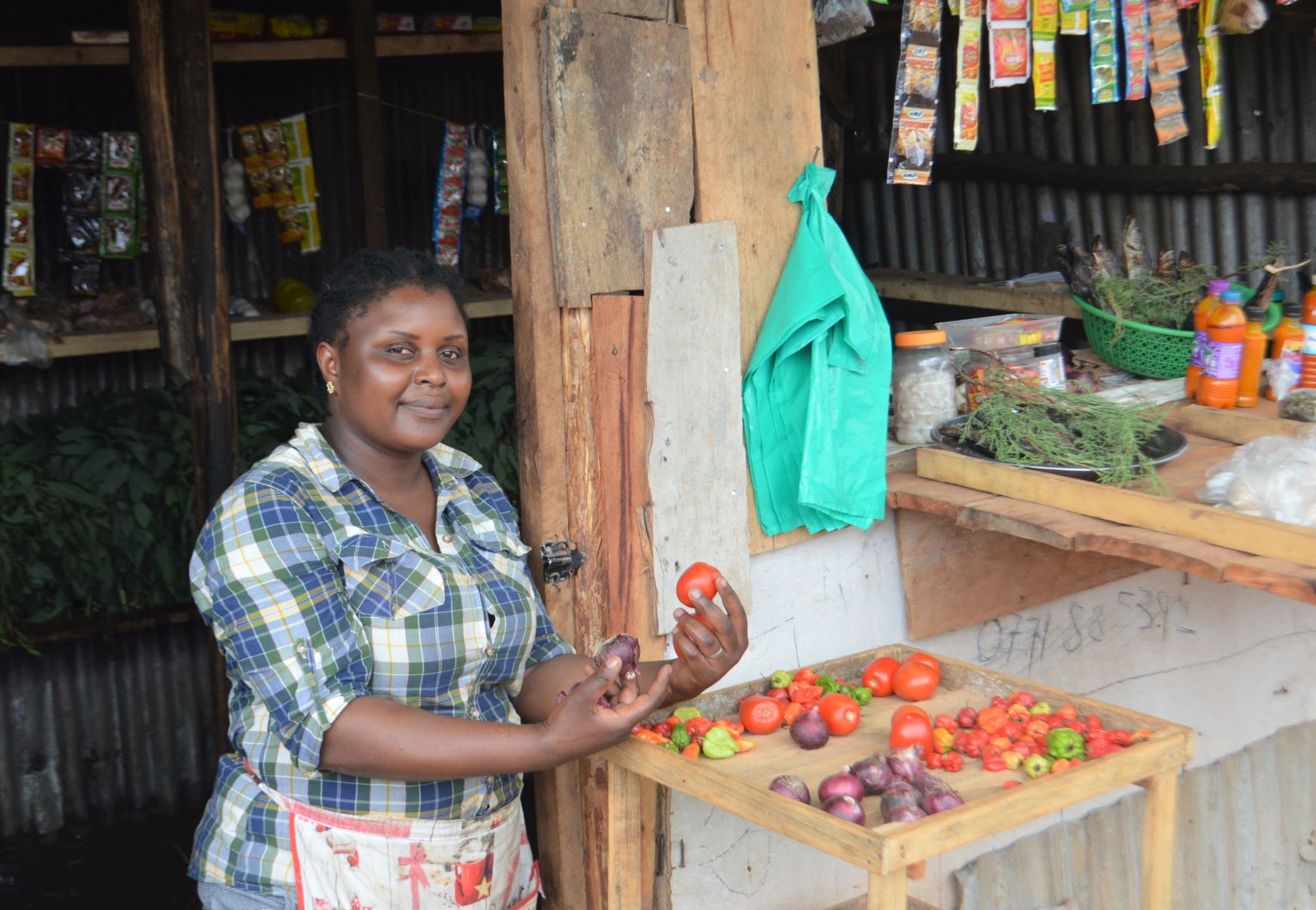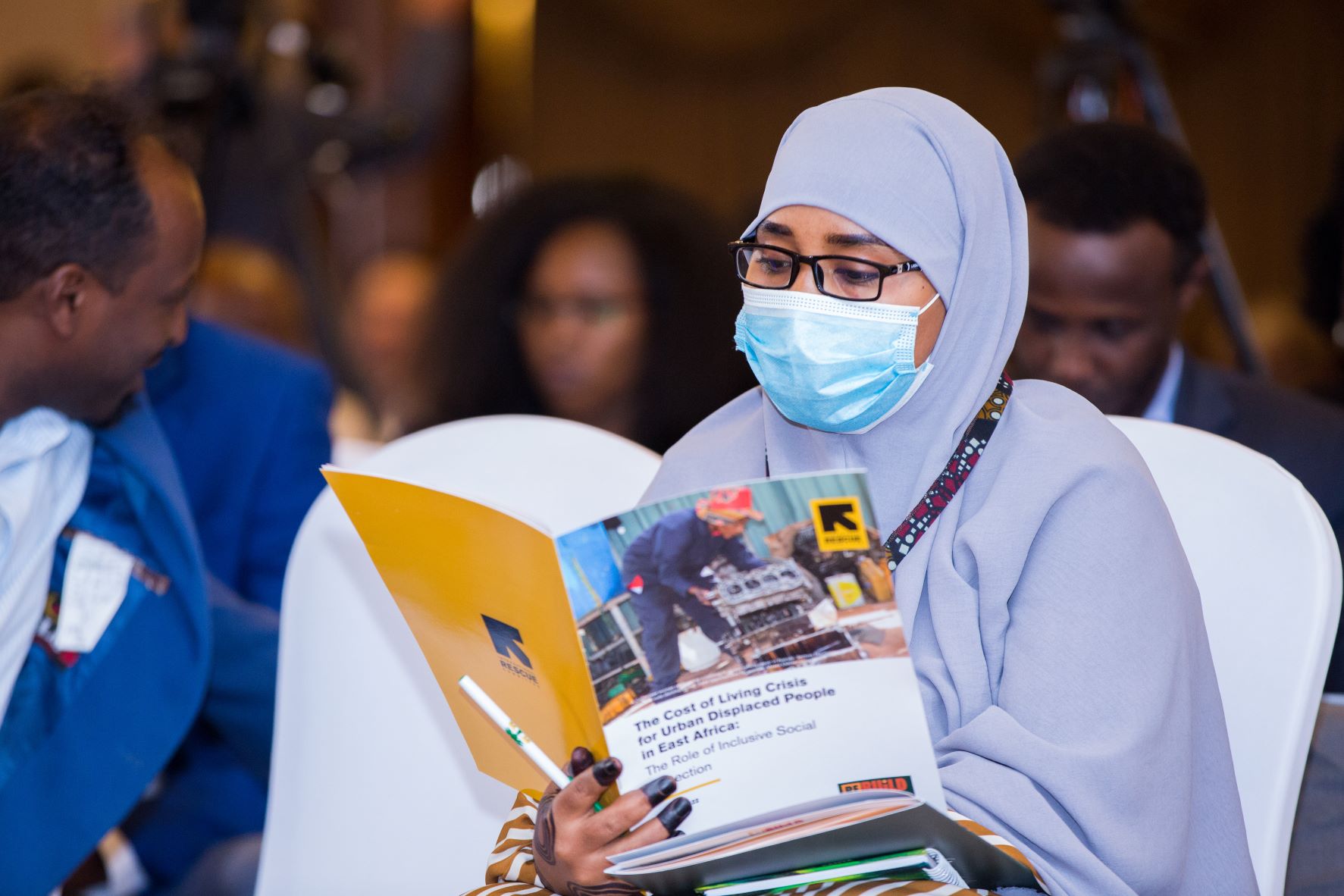Re:Build Program Learning Conference: A moment to reflect, learn and adapt
Re:Build Program Learning Conference: A moment to reflect, learn and adapt
Recommendations from the Program Learning Conference informed third year planning for program implementation.

For an iterative program, getting moments to come together to reflect, learn, and discuss adaption is a critical requirement for successful program implementation.
From the 29th to the 31st August 2022, the Refugees in East Africa: Boosting Urban Innovations for Livelihoods (Re:Build) team and partners met in Kampala, Uganda to reflect on lessons learnt over the eighteen months of program implementation and make recommendations for adaption.
‘‘At the core, Re:Build is about learning; we are here to learn about what works and doesn’t work, for achieving economic self-reliance for urban refugees’’ said Priscilla Dembetembe, the Re:Build Program Director in opening remarks to a team drawn from Nairobi, Kampala, and New York.
Due to Covid-19 related restrictions, for some team members, the Program Learning Conference was the first time to meet colleagues in person despite numerous online meetings and engagements over the past one year.
‘‘The design team of the program had never met. I am meeting some for the first time today,’’ remarked Dembetembe
The five- year Re:Build program, now in its second year, is implemented in Nairobi and Kampala and seeks to promote economic self-reliance for refugees and vulnerable hosts in the two East African cities.
Launched in January 2021, Re:Build works closely with the Kampala and Nairobi city authorities, urban refugee population, civil society organizations and host communities.
The learning conference began with the team refreshing their memories on the Re:Build program theory of change and key design assumptions. The session also included vibrant discussions on the economic, social, political, and institutional changes and how these affect the Re:Build program.
Key among contextual changes discussed was the impact of the Covid-19 pandemic and the cost-of-living crisis, characterized by the rising cost of fuel, food, and other basic commodities, which have negatively impacted on the gains realised by Re:Build clients in Kampala and Nairobi.
Recommendations from the learning conference will inform planning for the third year of the Re:Build program implementation. Third-year program planning will start in the second week of September.
In the second quarter of 2022, Re:Build registered 9,268 clients in Kampala and Nairobi. The clients received services ranging from placement in vocational institutions to acquire livelihoods skills, placement in apprenticeship with private sector actors, green energy training, digital skills training and support to micro-enterprises.

